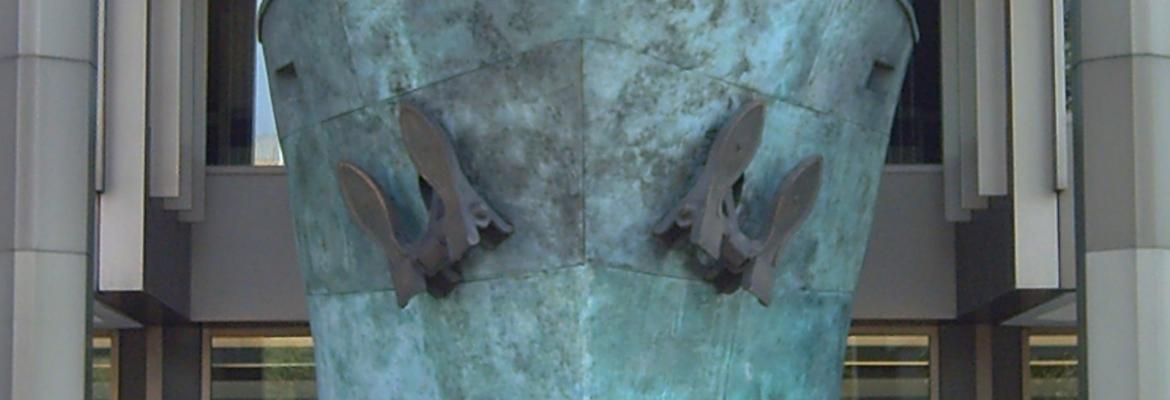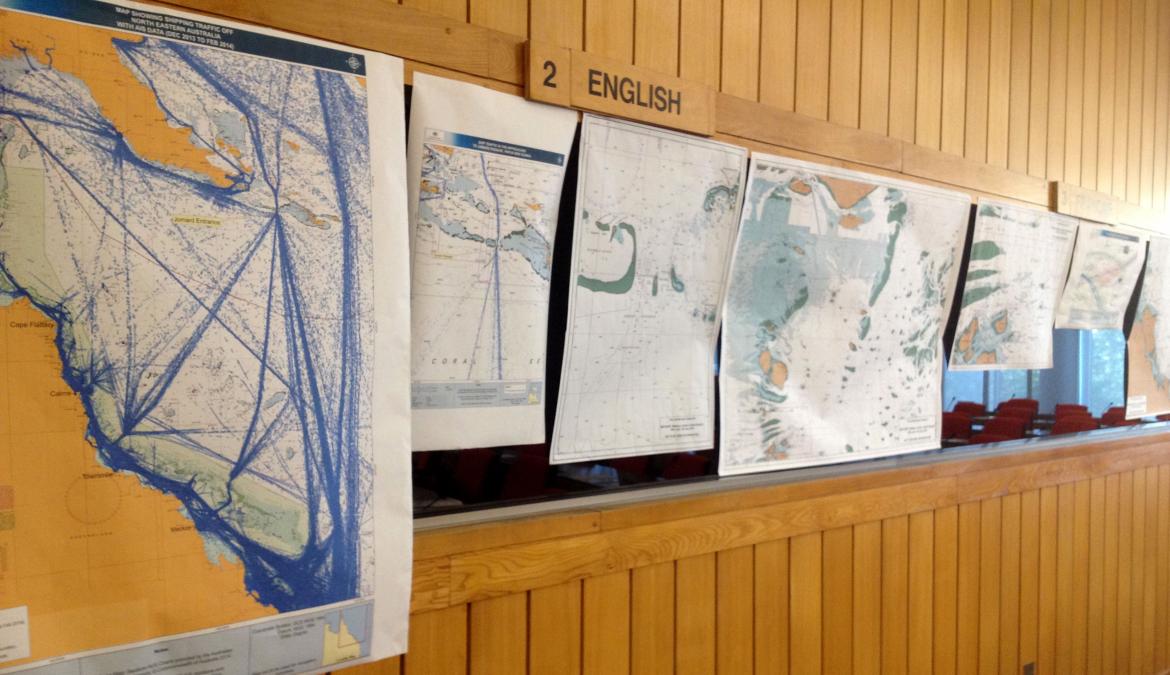
The Australian delegation comprised officers from our Emergency Response and Navigation Safety and International Divisions, as well as our London-based staff and two industry representatives.
NCSR replaces two previous sub-committees: the Safety of Navigation (NAV) and Communications Search and Rescue (COMSAR) Sub-Committees. NCSR is the IMO's largest technical sub-committee with over 500 delegates attending this session and 115 submissions for consideration. The work was spread across plenary, three working groups and one technical drafting group.
Some of the highlights and achievements, from Australia's perspective, included:
- Australia's submission on consolidating seven of the IMO's Electronic Chart Display and Information System (ECDIS) Circulars was very well received and the task was completed.
- Australian revisions to the guidelines on the operational use of Automatic Identification Systems (AIS) were accepted.
- The IMO's Polar Code Chapters 10 and 11 (navigation and communications) were both finalised in line with the Australian position.
- Revised guidelines on recovery of persons from the water were accepted (this included significant Australian contributions).
- A high level review of the Global Maritime Distress and Safety System (GMDSS) (Australia had contributed to previous Correspondence Group work), and the framework for a detailed GMDSS review were endorsed.
- Two Australian and one combined PNG/Australian routeing measure were agreed and will go to the 94th session of the Maritime Safety Committee (MSC 94) in November for adoption.
- Australia will coordinate a Correspondence Group to combine and harmonise draft guidelines on Human Centred Design (HCD), Software Quality Assurance (SQA) and Usability Testing Evaluation and Assessment (UTEA) in support of e-navigation and report to the Sub-Committee on Human Element, Training and Watchkeeping (HTW) and NCSR in 2015.
- The Chinese satellite navigation system BDS was agreed to become part of the WWRNS (World Wide Radio Navigation System).
